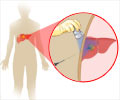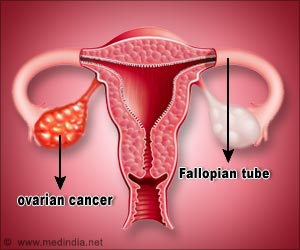Researchers compared the records of liver cancer patients who were and were not treated with direct-acting antivirals for hepatitis C infections, showed no significant difference in the recurrence of liver cancer.

‘People diagnosed with liver cancer could be successfully treated with their tumors removed, but any underlying chronic hepatitis infection will continue to undermine the functions of the liver.’





"Our study was inspired by a single-center study from Spanish investigators in 2016. That study gained a lot of press and sparked fear about treating liver cancer patients for their hepatitis C," said Dr. Amit Singal, Associate Professor of Internal Medicine and Medical Director of the Liver Tumor Program. "Based on these new data, providers can feel reassured that it is safe to treat hepatitis C in these patients and allow them to receive the known benefits of hepatitis C therapy." Some 3.2 million individuals in the U.S., the large majority of them baby boomers, have chronic hepatitis C infection. Many of these individuals struggle with inflammation of the liver and impaired liver function, as well as cirrhosis, or scarring of liver tissue. Since 2013, effective antiviral drugs have been available to treat hepatitis C infection.
Chronic hepatitis C infection is also one of the leading causes of liver cancer. According to the Centers for Disease Control and Prevention, half of all individuals with liver cancer have underlying chronic hepatitis C infection.
The rate of new cases of liver cancer has been rising steadily in recent decades, and the state of Texas has one of the highest rates of occurrence in the country.
When liver cancer is diagnosed early, it can be effectively treated with surgery, ablation, or radiation therapy. Sometimes liver cancer patients have their tumor successfully removed, but the underlying chronic hepatitis C infection remains and continues to impair liver function further.
Advertisement
"Our results suggest that use of DAA therapies is safe and potentially beneficial in hepatitis C-infected patients with a history of liver cancer," said Dr. Singal, who holds the David Bruton, Jr. Professorship in Clinical Cancer Research and is Clinical Chief of Hepatology.
Source-Eurekalert















